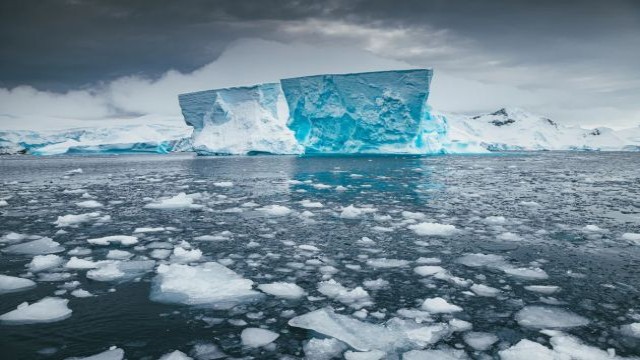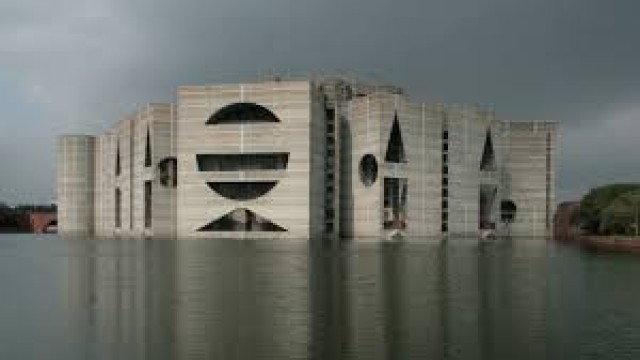Sea ice levels in Antarctica have hit historic lows for three consecutive years, signaling alarming consequences for life on Earth, according to scientist Miguel Angel de Pablo.
Expressing concern from Livingston Island in the South Shetland Antarctic archipelago, the Spanish planetary geologist emphasized that despite scientists' efforts to raise awareness, society appears indifferent to the warnings.
"We (scientists) are very worried... because we don't see how we can solve it ourselves," de Pablo told AFP. "The more alerts we send out... it seems we are not listened to, that we are (perceived as) alarmist," he added.
Data from the US National Snow & Ice Data Center revealed that minimum Antarctic sea ice extent reached below two million square kilometers for a third consecutive February, marking the lowest levels in 46 years.
Although melting sea ice doesn't directly raise ocean levels, its loss exacerbates global warming by exposing the on-land freshwater ice sheet, potentially leading to catastrophic sea level rise.
De Pablo stressed the interconnectedness of Antarctica's conditions with global impacts, emphasizing that actions in Antarctica affect the entire planet.
While some argue that evidence for climate change impact on Antarctic sea ice is less clear than in the Arctic, the consensus among scientists is that continued global warming will affect these patterns.
De Pablo, who has spent 16 years studying Antarctic ice, expressed concern that it may be too late to reverse the trend, highlighting the challenges of undoing environmental degradation.
With global temperatures already 1.2 degrees Celsius hotter than pre-industrial levels, De Pablo urged reflection on daily lifestyles and their impact on the planet's future, emphasizing the irreplaceable nature of Earth.































Comment: